Contributing € 5
Special thank you!
Your name will feature on our special thank you section of our website and on our Facebook page. You'll join the Sunseed saviour hall of fame!
> 13 Backers
We use own and third party cookies to improve your user experience and our services, analyzing users' browsing in our website. If you continue browsing, we will consider that you consent to its use. You can get further information in our Cookies Policy
Sunseed Desert Technology
 Min.
Min.
 Opt.
Opt.
Your name will feature on our special thank you section of our website and on our Facebook page. You'll join the Sunseed saviour hall of fame!
We'll send you a beautiful postcard with a personalised message and our undying love.
You'll have your own tree or shrub named after you in the new agroforestry garden that we've created in Diego III. We'll send you a picture and personalised message to thank you :)
Also, whenever you come to Sunseed in the future, you'll be able to visit your tree and know that it was thanks to your contribution that we could continue our work on Diego III, turning it into the productive and biodiverse syntropic agroforestry system that we know it can become!
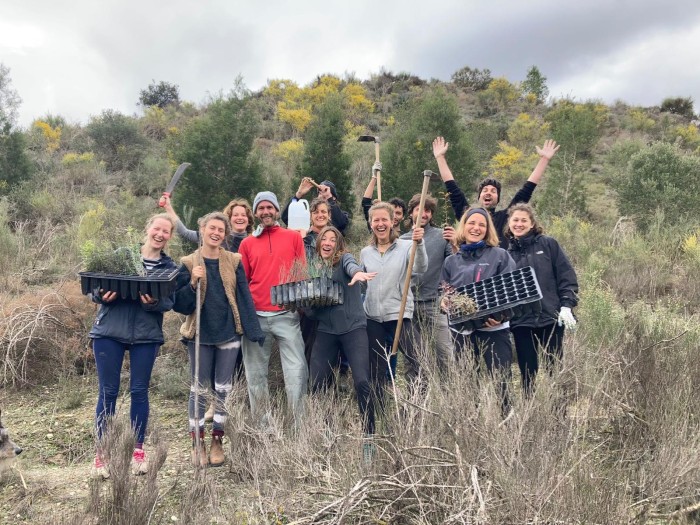
This thoroughly-researched and beautifully illustrated e-book teaches you how to make your own natural first aid kit, as well as providing detailed information about how to identify, grow, harvest, dry and use 37 medicinal plants. All of these plants grow - or have been grown - in Sunseed's medicinal garden, but many of them are commonly found across Europe and other continents (for example mint, basil, rosemary, St John's wort, comfrey, nettle etc).
The e-book will be sent to you in PDF format (easily accessible on most devices).
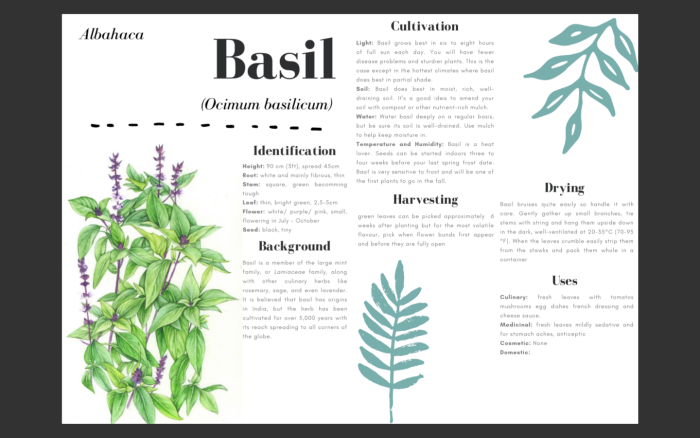
For any ex-Sunseeders or past visitors of Sunseed who would love to recreate some of the amazing vegetarian food they ate here, from the homemade sourdough bread to the many different spreads and houmous varieties, as well as creative ways to use leftovers and seasonal vegetables.
This PDF e-book will include our current personal favourites, as well as recipes that have been passed down from previous generations of Sunseeders. Other useful tips like how to make homemade vinegar from citrus peels will also be in there!
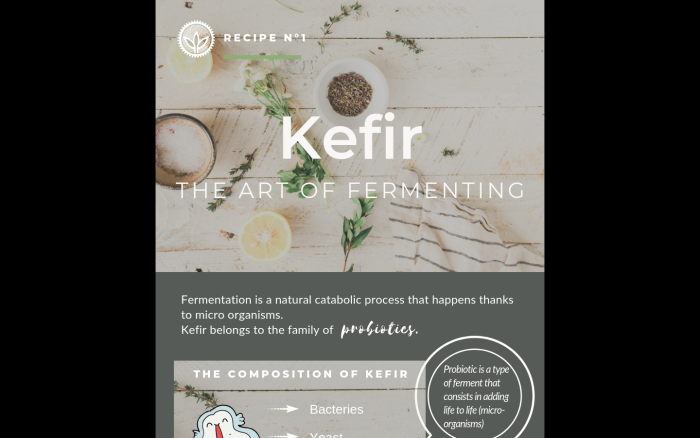
Come to Sunseed and enjoy a 1.5 hour private yoga lesson with Rosa, one of our Sunseed core team who also happens to be a yoga teacher! The lesson will take place either in our dome, a cosy private space surrounded by nature, or outside depending on the weather. Feel free to bring one or two others along with you (maximum group size is 3 people).
Optional: for an additional €20, you can follow your yoga lesson with a 1-hour yoga nidra meditation offering by Billie (another of our qualified yoga teachers!) and afterwards share a nutritious vegetarian meal with us at Sunseed before going home.
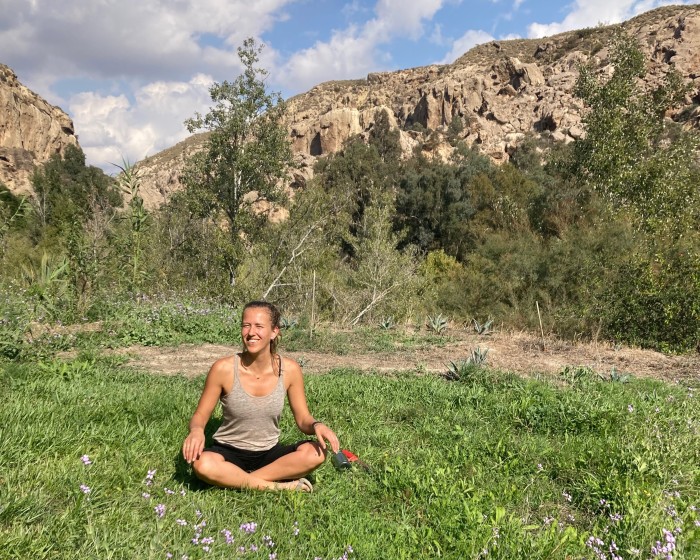
Spend the morning on a 2-hour foraging walk led by Silvia, learning how to identify edible wild plants in the nature surrounding Sunseed. Then bring your foraging harvest to a cooking workshop led by Silvia and Billie, learn the best vegetarian recipes using wild herbs, and eat your delicious foraged lunch together with the Sunseed community.
After lunch, join a guided tour of the Sunseed project, and learn all about our permaculture gardens and our off-grid systems.
Finally, end the day with a fungi workshop led by Ines, learning about the different fungi-related projects and experiments we are doing at Sunseed!
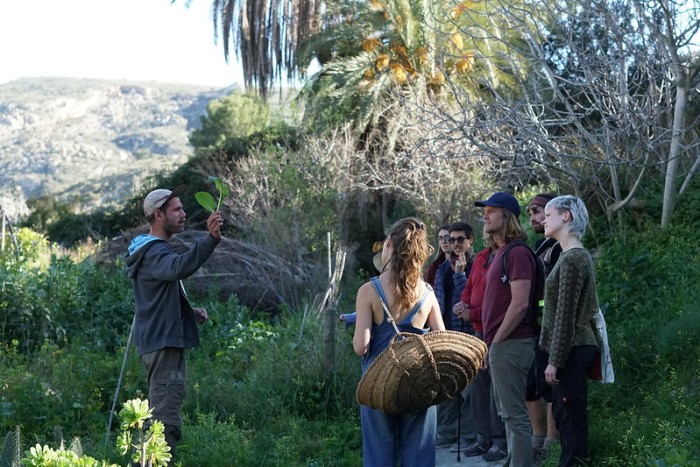
We will send you a box of products that we make ourselves: tinctures, natural toothpaste, deodorant, skin cream and ointment, as well as some of our food preserves, such as our jams and marmalades. We will also put in 5 Sunseed postcards.
We can post this box of goodies to anywhere within Spain.
Enjoy a two-night stay in a private room at Sunseed, with all your (organic and vegetarian) meals cooked for you. We would offer you a guided tour of our project and also a guided hike of the surrounding area if you would be interested, otherwise you are also very welcome to explore and enjoy the natural environment on your own as you wish. Take a swim in our beautiful natural pool (poza), rest in a hammock or explore abandoned, ancient villages like nearby El Tesoro.
This reward is for one or two people (if two, you would stay in the same room). Your stay with us would need to be before the end of June 2022, but otherwise we can be quite flexible about your preferred dates.
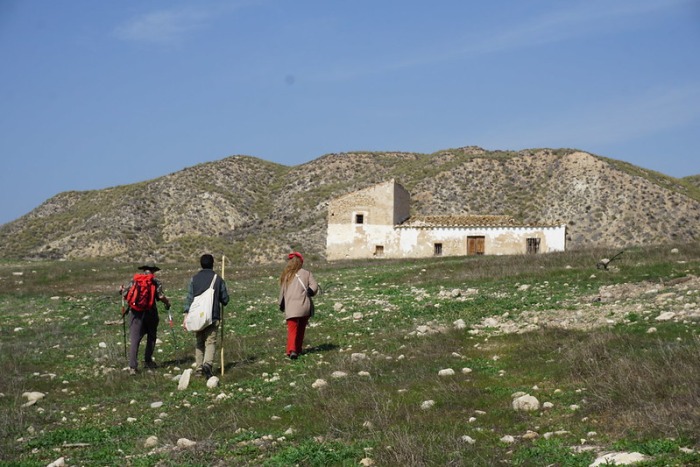
This reward gives one person a free ticket to a week-long course of their choice that will be held by Sunseed within 2022. We are currently planning to hold various courses before the end of this year.
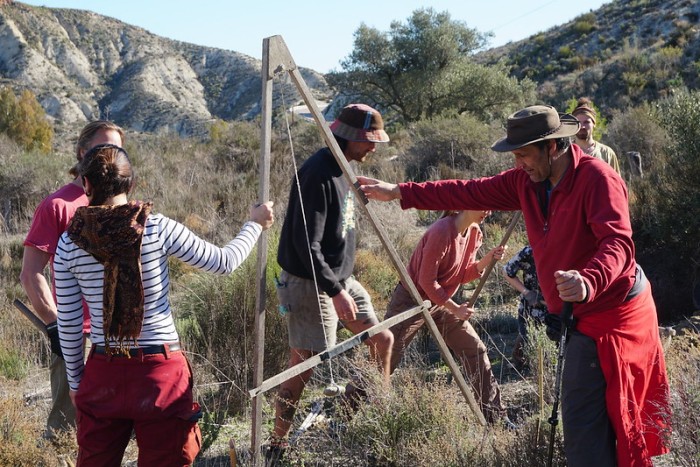
Community-based education centre for ecosystem restoration
 Infrastructure
Infrastructure
|
Minimum | Optimum |
|---|---|---|
|
This will make up a 50% deposit payment to the landowners of our Diego I, II and III gardens
As a show of good faith, we have recently paid €3,000 to the landowners that we want to buy the Diego gardens from since that was all we could afford to pay them from Sunseed's current savings. We are hoping to crowdfund the minimum amount of €6,000 in order to give them a 50% deposit, since the full price of the land is €18,000. This additional payment of €6,000 will truly allow us to secure the land as our own and enter into a proper payment plan with them, meaning that we will gradually continue to make payments over the next 2 years until we have paid off the complete amount. Without giving the owners this 50% deposit, we risk the possibility that we may not be able to make the necessary payments and so would lose the chance to keep our gardens!
|
€ 6.000 | |
|
The rest of the total cost of the 'Diego gardens' land
After the initial 50% deposit payment, this €12,000 is the rest of the total cost of the land (€18,000). The more we can raise from crowdfunding, the lower our debt to the landowners will be and the more certain we can be about the future financial health of our project. We would love to pour our energy into dreaming, building and growing this amazing project to have an even greater impact on the world, rather than worrying about its survival and our dwindling financial resources!
|
€ 12.000 | |
| Total | € 6.000 | € 18.000 |
Sunseed is a unique non-profit educational project for the transition towards a more ecologically responsible society, based in an off-grid ancient rural Andalusian village. Our mission is to research, demonstrate and communicate methods of sustainable living and environmental stewardship in a semi-arid environment.
It all began 36 years ago when our British founder decided to start exploring ways of reversing desertification in south-east Spain. Nowadays, drylands restoration continues to be a key aspect of Sunseed's work, but the project evolved into a non-formal educational centre, where our interns and volunteers support the ongoing tasks of Sunseed whilst learning how to live in a more self-sufficient way. Our visitors can gain practical knowledge in many different areas, such as eco-construction, renewable energy technologies, permaculture gardening, biodegradable household and cosmetic products, wild foraging and water management. Through a holistic, critical and practical pedagogy, our community activates people to become part of the global socio-ecological movement.
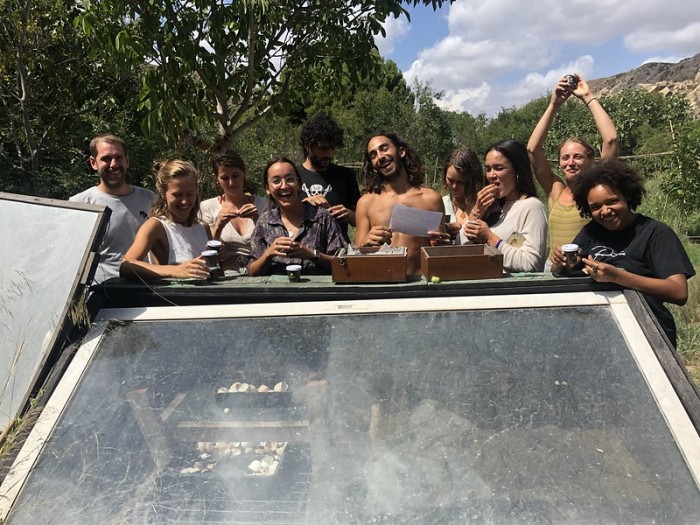
The land where our primary food gardens are located has recently been put up for sale by the landowners. We have been renting it since the 90s but unfortunately cannot afford to buy this land with the savings that the project has. Just like countless other organisations, our financial situation has been strained for the last two years due to the fact that we have not been able to run as many courses as normal or have our flagship annual event Festival Del Agua on site (we had to cancel it in 2020 and could only offer an online version in 2021).
All of the money that we raise in this crowdfunding campaign will go towards buying the land known to Sunseed as Diego I, II and III gardens. The full price of the land is €18,000 but a deposit payment of €6,000 will allow us to truly secure the land as our own and enter into a proper payment plan with the owners.
History of the land and our connection with the landowners
We have a special connection with the family who own the Diego gardens - they are three daughters who inherited this land from their father Diego when he died recently. Diego was born and raised in Los Molinos del Río Aguas (the village where Sunseed is located), but he decided to move to Lucainena when his family bought an electricity-powered mill there - which was a revolution and a big improvement to their lives at the time, compared to using watermills to produce grain and oil.
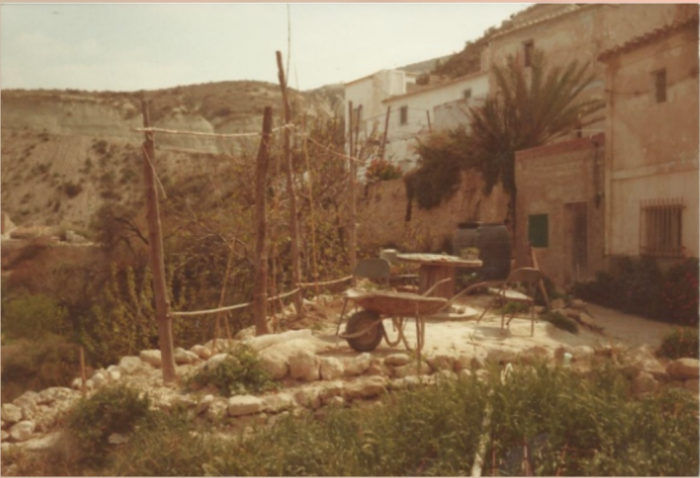
When Diego's father (Francisco, the mayor of Los Molinos) died and the family's land in Los Molinos passed to Diego, he used it to grow potatoes and beans and went there frequently, despite the distance from his home in Lucainena. As he became older and couldn't take care of the gardens anymore, the first Sunseeders who had moved into the village began growing food there with his blessing, since he had the strong wish that the land would continue to be cultivated and not abandoned. Although Diego was never a part of the Sunseed community, he used to come and explain things to the Sunseeders, for example showing them how the irrigation line (acequia) worked. His daughter Isabelle has told us about his lifelong emotional connection to the land and the village, and the fact that after he couldn't drive any more, he often asked his children to go and visit Los Molinos with him, so that he could spend time there and they could get to know the place where he had been born.
Diego's daughters still feel a sentimental connection to their land in Los Molinos but have finally decided to sell it for personal reasons.
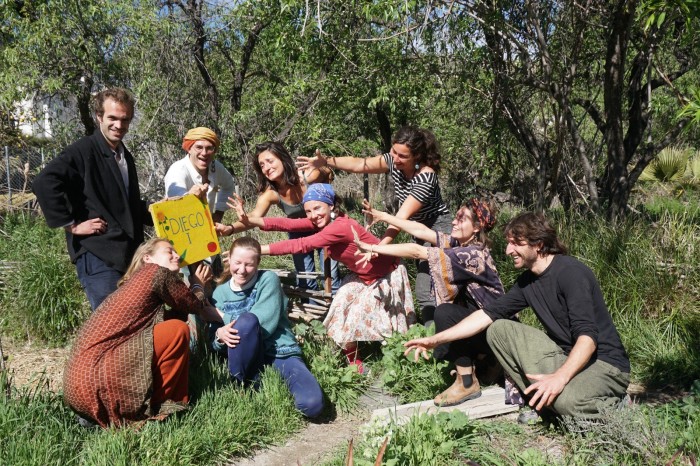
Buying this land is essential to continuing the Sunseed project as we know it, for several reasons:
Nutrient-rich soil
Diego I and II are the parts of our gardens that are closest to our Main House kitchen and therefore comprise our primary intensive food-growing area (permaculture zone 1). Generations of Sunseeders have worked on this land following permaculture principles, leading to nutrient-rich soil, and it is the best-quality soil we have for growing food - a rarity and a valuable resource in this dry, sandy desert climate. As any gardener knows, garden beds with healthy, moisture-retaining soil take years to create.
Our gardens as a key educational resource
Our Diego gardens are a key educational resource for our volunteers, interns, visitors and community members in general. Keeping this land will allow us to continue promoting permaculture courses, internships, tours and volunteer opportunities, so that we can spread our knowledge about creating a food-growing oasis in a semi-arid landscape to as many people as possible!
Our dry toilets are located there and it provides us with access to the drylands we work in
Without the use of Diego I and II, we could not access our compost toilet, the drylands plant nursery or our greenhouses. It would completely break up the structure of the current Sunseed gardens and we would have to redesign various parts of our land infrastructure, starting again from scratch. This would require a huge investment of time and resources which could be far better spent in other ways.
We experiment with syntropic agroforestry systems
In recent months, our garden team has worked hard to convert Diego III from a simple fruit tree orchard into a productive and biodiverse syntropic agroforestry system. To lose that piece of land now would be really sad, not only for us but also for the biodiversity of the environment.
On our path to self-sufficiency
We have recently set ourselves the goal of becoming 50% self-sufficient in terms of the amount of food we grow by the end of this year. If we lose the Diego gardens, there is no way we could achieve that goal.
Sunseed's historic connection with the land
Both the landowners and we ourselves (as the current stewards of the Sunseed legacy) feel that the Sunseed project should be the rightful owner of this land, as it seems the best way to ensure that the land continues to be used as Diego himself would have wanted. We as a project have a sentimental, historic connection both with this land and with Diego's family, just as they do with us.
Bigger picture: a piece in the puzzle towards a socio-ecological transformation
The gardens help the Sunseed project to act as a piece in the puzzle towards a socio-ecological transformation in the following ways:
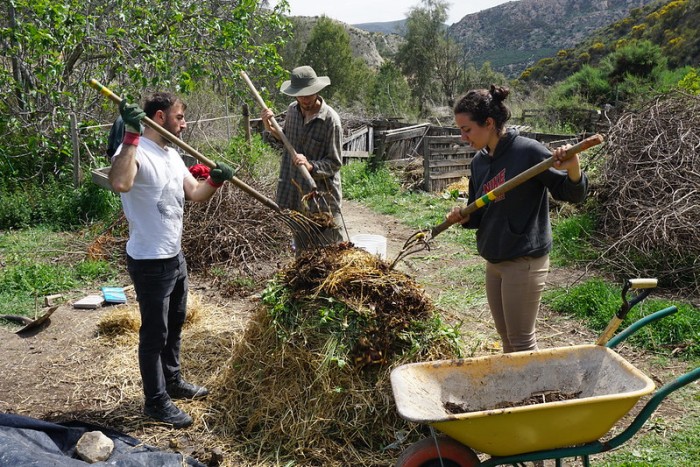
At the moment, our community at Sunseed consists of ten voluntary long-term staff members, two interns and a volunteer. Although we normally have up to thirty people living and working here, this is a unique time for the project as we are currently going through a 'transition period' (which started in January and will last until summer 2022). Our transition work involves building renovations, changing the legal structure of Sunseed from a UK registered charity to a Spanish association, and hiring long-term managers to ensure consistency of the project for the future.
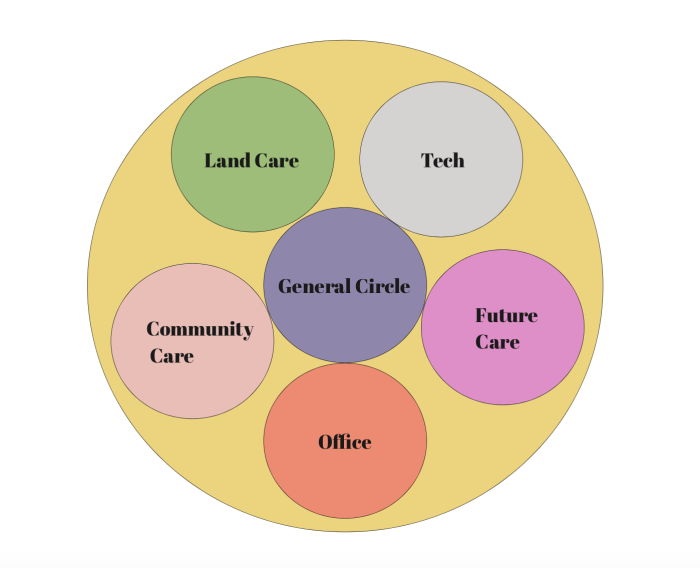
As staff members, we have different focus areas and skillsets, so during this time of transition we have arranged ourselves into five teams:
Despite being divided into these teams, we structure our working lives according to a holistic philosophy so that we can help out in other teams when needed and desired, meaning that we can balance our working tasks in a way that feels good for each of us and for the whole community.
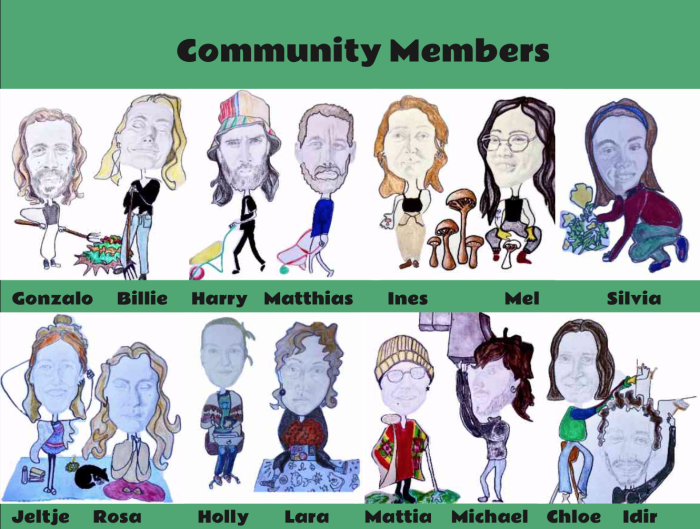

Sunseed aims to plant seeds for global socio-ecological change in volunteers, interns, staff members and visitors. As a non-formal educational project, we host tours, workshops and courses around the topics of drylands, permaculture gardens and appropriate technology. We are a living lab for environmentally just lifestyles and grassroots sociocratic democracy.
Environmental Justice -- Sunseed reconnects people to the land
Living off-grid with solar energy and working towards sustaining ourselves from the surrounding land, we become part of natural cycles and spread the knowledge and tools to inspire action. Living in Almeria, we witness the clash between an extractivist agroindustry and sustainably living with the land. We collaborate with the activist network Acuíferos Vivos (Alive Aquifers) to support local activism for water justice. Once a year, we host the Festival del Agua to raise awareness about drought, desertification and water justice in the area of Almeria and engage people to become changemakers.
Grassroots Democracy -- Sunseed politically activates
We organise our work structure according to the principles of sociocracy. Since our group is constantly changing, the structures change accordingly. Living here means forming part of an active grassroots democracy and taking care and responsibility for our actions, as well as recognising our capabilities to change our immediate surroundings. This is an empowering process of political activation, in which everyone spending time in Sunseed learns to be part of a self-organising and self-governing community.
Special thank you!
Your name will feature on our special thank you section of our website and on our Facebook page. You'll join the Sunseed saviour hall of fame!
> 13 Backers
Sunseed postcard with a heartfelt handwritten message
We'll send you a beautiful postcard with a personalised message and our undying love.
> 12 Backers
Grow a tree in the desert!
You'll have your own tree or shrub named after you in the new agroforestry garden that we've created in Diego III. We'll send you a picture and personalised message to thank you :)
Also, whenever you come to Sunseed in the future, you'll be able to visit your tree and know that it was thanks to your contribution that we could continue our work on Diego III, turning it into the productive and biodiverse syntropic agroforestry system that we know it can become!

> 31 Backers
Medicinal plants e-book (83 pages long)
This thoroughly-researched and beautifully illustrated e-book teaches you how to make your own natural first aid kit, as well as providing detailed information about how to identify, grow, harvest, dry and use 37 medicinal plants. All of these plants grow - or have been grown - in Sunseed's medicinal garden, but many of them are commonly found across Europe and other continents (for example mint, basil, rosemary, St John's wort, comfrey, nettle etc).
The e-book will be sent to you in PDF format (easily accessible on most devices).

> 25 Backers
Sunseed recipe e-book
For any ex-Sunseeders or past visitors of Sunseed who would love to recreate some of the amazing vegetarian food they ate here, from the homemade sourdough bread to the many different spreads and houmous varieties, as well as creative ways to use leftovers and seasonal vegetables.
This PDF e-book will include our current personal favourites, as well as recipes that have been passed down from previous generations of Sunseeders. Other useful tips like how to make homemade vinegar from citrus peels will also be in there!

> 17 Backers
Private yoga lesson at Sunseed with Rosa
Come to Sunseed and enjoy a 1.5 hour private yoga lesson with Rosa, one of our Sunseed core team who also happens to be a yoga teacher! The lesson will take place either in our dome, a cosy private space surrounded by nature, or outside depending on the weather. Feel free to bring one or two others along with you (maximum group size is 3 people).
Optional: for an additional €20, you can follow your yoga lesson with a 1-hour yoga nidra meditation offering by Billie (another of our qualified yoga teachers!) and afterwards share a nutritious vegetarian meal with us at Sunseed before going home.

> 03 Backers
'Immersive Sunseed Day' experience (to be planned in the month of April)
Spend the morning on a 2-hour foraging walk led by Silvia, learning how to identify edible wild plants in the nature surrounding Sunseed. Then bring your foraging harvest to a cooking workshop led by Silvia and Billie, learn the best vegetarian recipes using wild herbs, and eat your delicious foraged lunch together with the Sunseed community.
After lunch, join a guided tour of the Sunseed project, and learn all about our permaculture gardens and our off-grid systems.
Finally, end the day with a fungi workshop led by Ines, learning about the different fungi-related projects and experiments we are doing at Sunseed!

> 04 Backers
Sunseed box of food preserves and homemade, biodegradable cosmetic products
We will send you a box of products that we make ourselves: tinctures, natural toothpaste, deodorant, skin cream and ointment, as well as some of our food preserves, such as our jams and marmalades. We will also put in 5 Sunseed postcards.
We can post this box of goodies to anywhere within Spain.
> 03 Backers
Be our guest! (1 - 2 people)
Enjoy a two-night stay in a private room at Sunseed, with all your (organic and vegetarian) meals cooked for you. We would offer you a guided tour of our project and also a guided hike of the surrounding area if you would be interested, otherwise you are also very welcome to explore and enjoy the natural environment on your own as you wish. Take a swim in our beautiful natural pool (poza), rest in a hammock or explore abandoned, ancient villages like nearby El Tesoro.
This reward is for one or two people (if two, you would stay in the same room). Your stay with us would need to be before the end of June 2022, but otherwise we can be quite flexible about your preferred dates.

> 02 Backers
Free ticket to future Sunseed course of your choice
This reward gives one person a free ticket to a week-long course of their choice that will be held by Sunseed within 2022. We are currently planning to hold various courses before the end of this year.

> 00 Backers